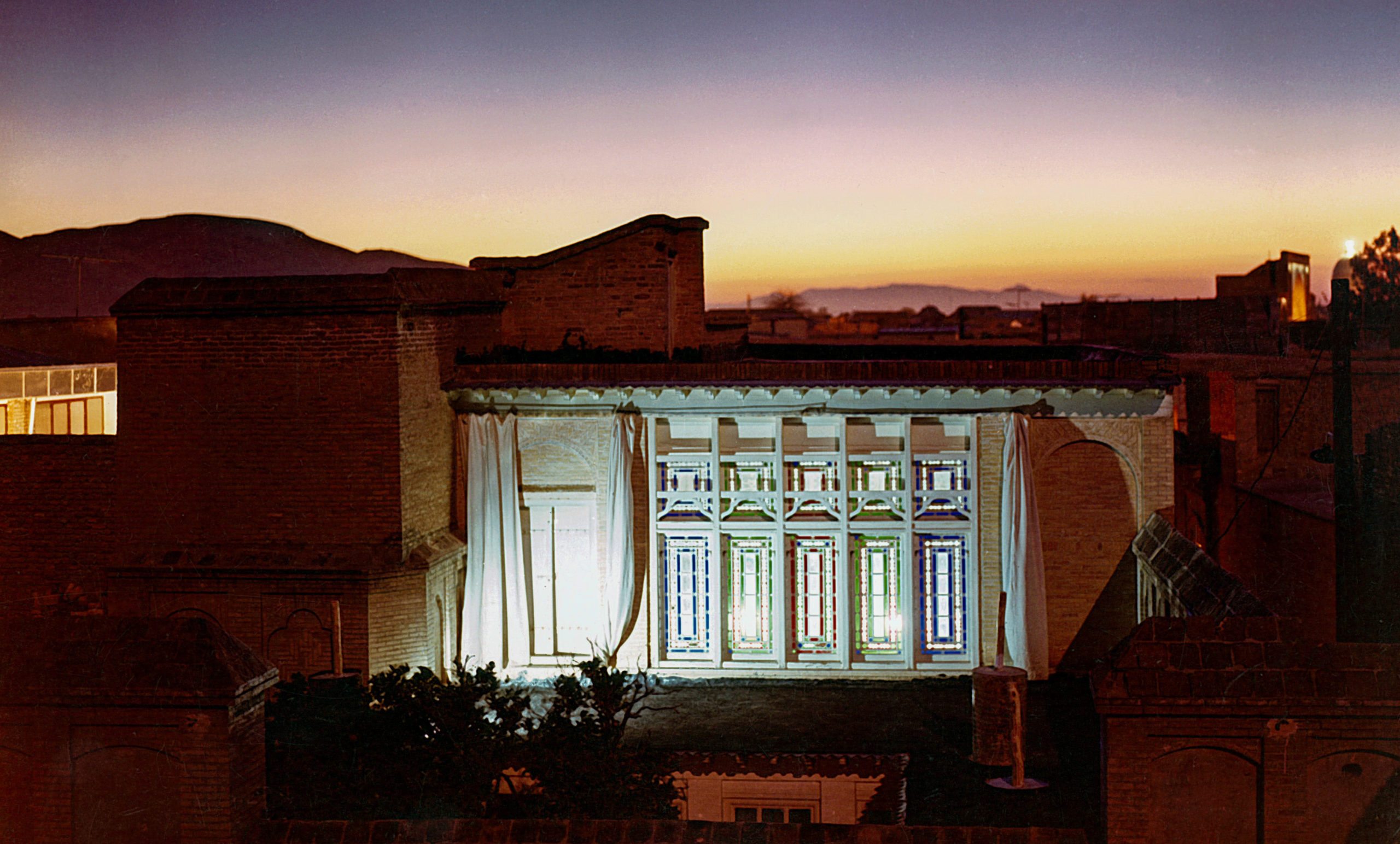The Baha’i teaches that God is unknowable in his essence (Christianity refutes that, btw), but that God does reveal something of Himself through his “manifestations” (ie. Krishna, Buddha, Abraham, Moses, Jesus, Muhammad, Baha’u’llah, et. al.). If I have it right, these manifestations possess something of the attributes of the divine in a particular and unique way, unlike the rest of humanity.
The Baha'i regards all manifestations of God as essentially one and the same in essence, indeed sharing a common soul and as such are one being in multifarious forms – This stands in stark contrast to the self-declarations and identifications of the aforesaid manifestations – one cannot simply, reasonably and rationally equate Krishna with Abraham, or John the Baptist with the Buddha and say the all share one soul (indeed, the Buddha denies the soul altogether).
When we take in Prophets such as Jeremiah or Ezekiel, Isaiah or Hosea, then the situation is all the more stark – the Prophets of Judaism were men and women called by God. They were not seen as, nor declared themselves to be, 'manifestations of God'. Strictly speaking, the most one can say is that God manifested his Word and his Will through them – He was present in them and to them, but not as them. Nor was this manifesting state a permanent state of being – God came and went, as it were – not every word uttered by, and every moment of the existence of, a prophet, is Revelation.
In short, it's hyperbole. It is perhaps laudatory in certain circumstances, but it's not true.
The Baha'i regards all manifestations of God as essentially one and the same in essence, indeed sharing a common soul and as such are one being in multifarious forms – This stands in stark contrast to the self-declarations and identifications of the aforesaid manifestations – one cannot simply, reasonably and rationally equate Krishna with Abraham, or John the Baptist with the Buddha and say the all share one soul (indeed, the Buddha denies the soul altogether).
When we take in Prophets such as Jeremiah or Ezekiel, Isaiah or Hosea, then the situation is all the more stark – the Prophets of Judaism were men and women called by God. They were not seen as, nor declared themselves to be, 'manifestations of God'. Strictly speaking, the most one can say is that God manifested his Word and his Will through them – He was present in them and to them, but not as them. Nor was this manifesting state a permanent state of being – God came and went, as it were – not every word uttered by, and every moment of the existence of, a prophet, is Revelation.
In short, it's hyperbole. It is perhaps laudatory in certain circumstances, but it's not true.

